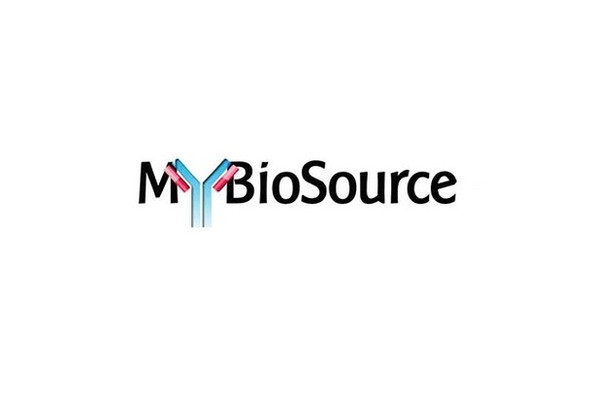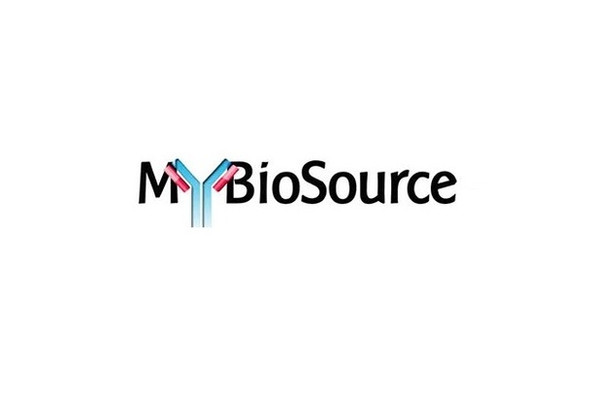MyBiosource Antibodies
MBS602690 | Ryanodine Receptor (RyR, RYDR, ARVC2, ARVD2, Brain Ryanodine Receptor Calcium Release Channel, Brain-type Ryanodine Receptor, Cardiac Muscle Ryanodine Receptor, Cardiac Muscle Ryanodine Receptor Calcium Release Channel, Cardiac Muscle Typ
- SKU:
- MBS602690
- Availability:
- Usually Shipped in 5 Working Days
- Size:
- 0.1 mL
Description
Ryanodine Receptor (RyR, RYDR, ARVC2, ARVD2, Brain Ryanodine Receptor Calcium Release Channel, Brain-type Ryanodine Receptor, Cardiac Muscle Ryanodine Receptor, Cardiac Muscle Ryanodine Receptor Calcium Release Channel, Cardiac Muscle Type Ryanodine Recep | MBS602690 | MyBiosource
Product Short Name: [Ryanodine Receptor]
Product Name Synonyme: [Anti -Ryanodine Receptor (RyR, RYDR, ARVC2, ARVD2, Brain Ryanodine Receptor Calcium Release Channel, Brain-type Ryanodine Receptor, Cardiac Muscle Ryanodine Receptor, Cardiac Muscle Ryanodine Receptor Calcium Release Channel, Cardiac Muscle Type Ryanodine Recep]
Other Names: [ryanodine receptor; Type 1-like ryanodine receptor; ryanodine receptor 1; ryanodine receptor type1; central core disease of muscle; type 1-like ryanodine receptor; skeletal muscle ryanodine receptor; skeletal muscle calcium release channel; sarcoplasmic reticulum calcium release channel; ryanodine receptor 1 (skeletal)]
Product Gene Name: N/A
Product Gene Name Synonyme: N/A
Other Gene Names: [RYR1; CCO; MHS; RYR; MHS1; RYDR; SKRR; RYR-1]
Clonality: Monoclonal
Isotype: IgG1
Clone: [9C106]
Host: Mouse
Reactivity: Canine, Chicken, Guinea Pig, Rabbit, Rat
Specificity: Detects ryanodine receptor 2 (RyR 2) and weakly detects RyR 1. Species Crossreactivity: Crossreacts with Rabbit, Rat, Canine, Guinea pig, Chicken, Fish and Amphibians. Not yet tested in other species.
Purity: Ascites
Form: Supplied as a liquid in PBS, pH 7.2, 0.05% sodium azide.
Concentration: N/A
Storage Stability: May be stored at 4 degree C for short-term only. For long-term storage and to avoid repeated freezing and thawing, add sterile glycerol (40-50%), aliquot and store at -20 degree C. Aliquots are stable for at least 3 months at -20 degree C. For maximum recovery of product, centrifuge the original vial after thawing and prior to removing the cap. Further dilutions can be made in assay buffer.
Tested Application: Western Blot (WB), Immunoprecipitation (IP), Immunohistochemistry (IHC), Flow Cytometry (FC/FACS)






